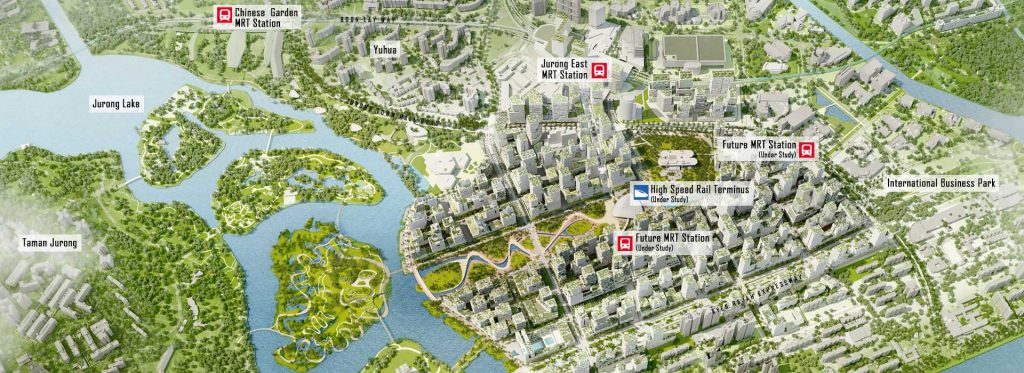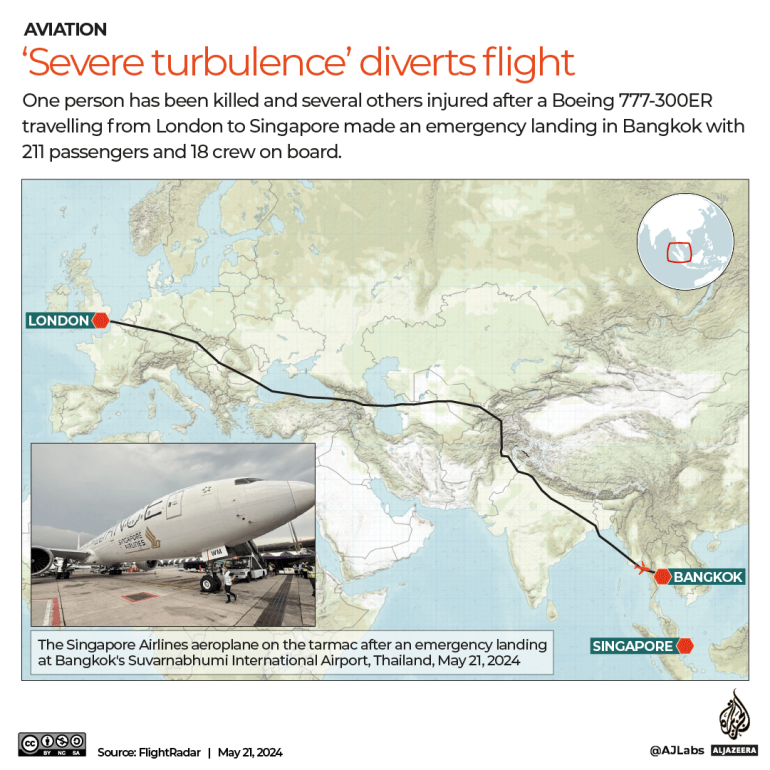The currently vacant site is situated next to the Chinese Garden MRT station and the location of the new Science Centre, which will move from Jurong Town Hall next year.
The Jurong Lake District is set to be transformed into a major tourist destination, after plans were announced on Tuesday (April 16) to develop a 7-hectare site within the area.
The currently vacant site is situated next to the Chinese Garden MRT station and the location of the new Science Centre, which will move from Jurong Town Hall next year.
An expression of interest for the site was launched by Senior Minister of State for Trade and Industry Chee Hong Tat at the Singapore Tourism Board’s (STB) annual industry conference for companies to submit their business proposals. The exercise will close in early November.
The aim is for the site to become a key destination by 2026, with attractions, hotel, food and beverage outlets and retail offerings, said Mr Chee.
This is in line with the STB’s strategy of spreading out tourism offerings across different parts of Singapore, he added.
Developing Jurong into a tourist destination is also part of the Government’s plans to change Singaporeans “preconceived notions” of Jurong as a “far away, inaccessible, industrial estate”, said STB chief executive officer Keith Tan in response to questions from the media.
In his presentation during the conference, Mr Tan, who was appointed six months ago, said that some players have already expressed “keen interest” in the site.
While he declined to reveal who these were, Mr Tan said they included developers and attraction owners.
There is no specific concept for the new tourism site as this would depend on the ideas submitted through the expression of interest exercise, he added.
Nevertheless, Mr Tan said the agency is looking for ideas that complement the existing attractions at the Jurong Lake District, which includes the Science Centre and Jurong Lake Gardens.
“The eventual attraction that will be developed there is deeply integrated into the larger precinct. Next door will be the new national Science Centre, across the lake will be Jurong Lake Gardens.That makes it quite distinctive from some of the other standalone attractions in Singapore,” he added.
When asked how the suspension of the Kuala Lumpur-Singapore High Speed Rail (HSR) could affect its plans, Mr Tan said that “there is still viability in the area” without the HSR.
The only HSR station in Singapore was planned for Jurong East, with another seven stations in Malaysia. Construction of the the multi-billion-dollar project was officially postponed till end-May 2020 in September last year.
“We’ve been talking about these ideas for a long time… Our tourism projects are not dependent on whether HSR comes about or not,” said Mr Tan.
ATTRACTING REGIONAL TOURISTS
In a bid to drive visitor arrivals from the region to Singapore, the STB also signed two agreements with tech unicorns Alibaba and Traveloka at the industry conference.
The Memorandum of Cooperation with Traveloka, an Indonesian airline and hotel booking website, will promote Singapore as a preferred destination for visitors from five major South-east Asian markets: Indonesia, Malaysia, the Philippines, Thailand and Vietnam.
As part of the agreement, 12 marketing campaigns will be launched across the region, said Mr Tan. Singapore’s attractions and activities available for online booking through Traveloka’s platforms will also increase.
A three-year Memorandum of Understanding between STB and Chinese tech giant Alibaba will also see them collaborating to promote Singapore as a travel destination to Chinese visitors and to get them to increase their spending here.
This builds on a previous partnership signed in September 2017 between STB and Alipay — Alibaba’s e-payment platform — which led to a 30 per cent increase in tourist spending by Chinese visitors from 2017 to 2018, said Ms Jacqueline Ng, STB director in marketing planning and partnerships.
The new partnership will extend beyond Alipay to other platforms, including video content website Youku, online ticketing platforms Fliggy and Damai, and micro-blogging site Weibo.
While details have not been worked out, STB will work with Alibaba and its full range of platforms to improve the travelling experience of Chinese visitors, ranging from their pre-trip research to post-trip recommendations.
Based on data from flight booking website Fliggy, Singapore is ranked the fifth most preferred destination among Chinese travellers, said Dr Cherry Huang, Alipay’s general manager for cross-border business for South and South-east Asia.
With 30,000 outlets in Singapore listed on Alipay, Dr Huang said users in China are able to use the app not just for payments, but to get recommendations on local food or retail outlets here.
STB and Alibaba said they are targeting Chinese millennials through this partnership as they form a growing number of Chinese travellers. More than 50 per cent of Fliggy’s users are under 30 years old, added Dr Huang.
Source: Channel NewsAsia










